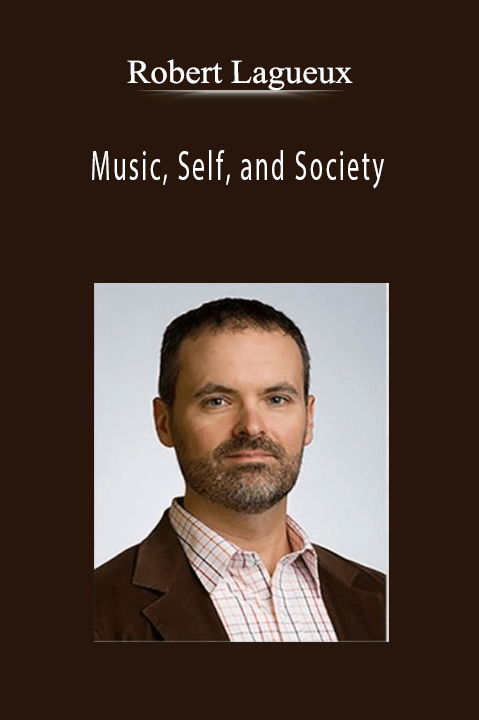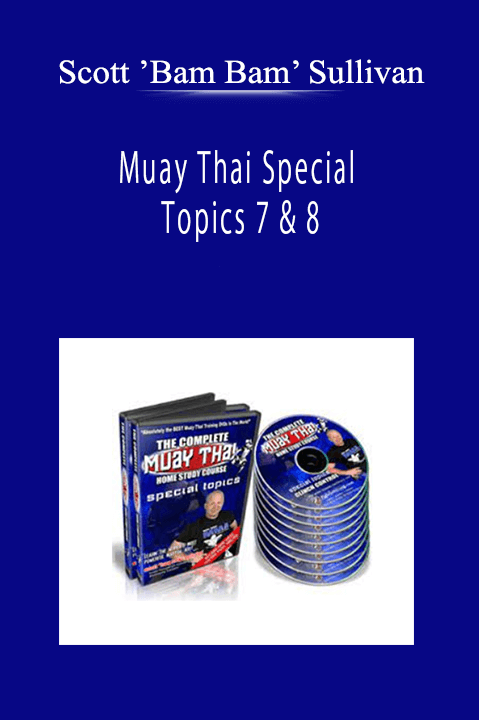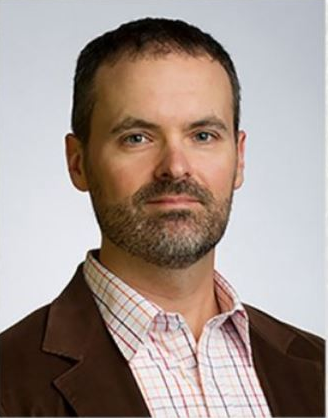Robert Lagueux – Music, Self, and Society
This course is all about exploring why we listen to music, what we use music for, and, in some sense, how music uses us. Why do we have the musical preferences that we do? Is there really such a thing as “good” music? How does music create communities? How does music create social change? How does music function in our daily lives? These are all questions we will examine in depth throughout this course.
You will become more sensitive to considering the ways that we, as individuals and communities, interact with the music we’re listening to—often without even noticing that we are. You will also become more attuned to the sometimes-covert ways in which music operates in our society, and to the ramifications that music can have in our individual and communal psyches.
Music, Self, and Society weaves together readings from music critics, sociologists, psychologists, scholars of ritual and drama, philosophers, and a number of other writers. In general, we take a big topic—such as musical taste—and evaluate it from a number of different angles, with the expectation that each angle brings a distinct, useful perspective to it.
We’ll consider music across almost every conceivable genre, from advertising jingles to jazz to pop to classical to world music. The music chosen helps bring to the fore the issues we raise, sometimes as answers to questions and sometimes as questions themselves. When we examine music and social change, for example, we’ll consider classics like “We Shall Overcome” and “Strange Fruit” while also studying more recent revolutionary acts like Pussy Riot. We will also use a number of TV and film clips to elucidate specific issues.
By the end of this course, you will be able to:
- Describe and analyze a variety of contexts in which music, individuals, and societies intersect, including ritual, commerce, and politics
- Describe and analyze the ways in which individuals and societies understand and use different kinds of music, including classical music, popular music, and jazz
- Reflect on and evaluate your personal musical preferences and relate them to larger communal contexts
- Explain, compare, and apply different schemes of apprehending musical meaning
- Analyze and critique important musical ideas such as taste, audience, and censorship
Syllabus
Lesson 1: Who Are You? What Are We?
Lesson 2: What is Music?
Lesson 3: How Does Music Have Meaning?
Lesson 4: Getting Emotional
Lesson 5: Getting Together
Lesson 6: The Meaning of Musical Taste
Lesson 7: Music and Ritual
Lesson 8: Music, Ritual, and Society
Lesson 9: Music and Commerce
Lesson 10: Music, Politics, and Social Change
Lesson 11: Music and Censorship
Lesson 12: Into the Great Wide Open
Requirements
Prerequisites and Course-Specific Requirements
This course does not have any prerequisites.
Required Textbook(s)
- Your course author has created an e-coursepack ($29) that you will be able to purchase, once you sign up for the course.
Recommended Textbook(s)
- Let’s Talk About Love: Why Other People Have Such Bad Taste by Carl Wilson, Bloomsbury Academic
- Strange Fruit: The Biography of a Song by David Margolick and Hilton Als, Harper Perennial
- Ritual: A Very Short Introduction by Barry Stephenson, Oxford University Press
Instructors
Author
Robert Lagueux is Associate Vice President for Academic Affairs, Dean of Graduate Studies, and founding Dean for Faculty Development at Berklee College of Music. He oversees Berklee’s graduate-level degree programs as well as the creation of learning and development opportunities for faculty at all of Berklee’s campuses, as well as for instructors at Berklee’s international partner schools. He has worked with faculty to enhance teaching and learning at the University of Chicago, Columbia College Chicago, and Northeastern University. As a Fulbright Scholar at City University of Hong Kong, he spent a year developing programs to support general education and leading teaching workshops throughout Southeast Asia.
Lagueux is a music historian who has published and presented on topics as diverse as Leonard Bernstein and the medieval celebration of Christmas. He holds a bachelor’s degree from Harvard University and an M.Phil. and Ph.D. from Yale University. Read Less
Instructor
Nathan Link is Associate Professor and Chair of Music at Centre College. He received his doctorate from Yale University with a dissertation on Handel’s operas, and his areas of interest include African music, popular music, and German Romanticism. His student ensemble at Centre has toured nationally and internationally, performing a mix of traditional American folk and modern acoustic music. In 2015, he received the Governor’s Award in Arts Education, naming him the top arts-educator in Kentucky.
Instructor
Graham Peterson is an independent scholar and musician. He holds degrees in history and ethnomusicology from the University of New Hampshire and the University of Washington respectively. His research centers on issues in popular music, critical race theory, and music in media. Graham’s research has been presented at national conferences for the Society for Ethnomusicology and the Society for American Music. In addition to his scholarly pursuits, Graham is also an active guitarist and has performed with ensembles in the Greater Boston Area, Seattle, and Cleveland.
Instructor
Karl Haas, Ph.D. is a musician and ethnomusicologist living in the Burlington, VT area. His current scholarship explores the politics of youth, masculinity, and development in the traditional music of northern Ghana. He has taught at several colleges and universities in New England, including Berklee College of Music, MIT, Middlebury College. Additional research interests include oral history, formal analysis, materiality, and temporality in the music of Africa and its diaspora. Karl is currently a Visiting Researcher at Boston University and Presiding Co-Chair of the African and African Diasporic Music Section of the Society for Ethnomusicology.
What’s Next?
When taken for credit, Music, Self, and Society can be applied towards these associated programs:
Associated Certificate Programs
- General Music Studies Professional Certificate
- General Music Studies Advanced Professional Certificate
Associated Degree Majors
- Bachelor’s Degree in Music Composition for Film, TV, and Games
- Bachelor’s Degree in Electronic Music Production and Sound Design
- Bachelor’s Degree in Songwriting
- Bachelor’s Degree in Interdisciplinary Music Studies (Create Your Own Major)
- Bachelor’s Degree in Music Business
- Bachelor’s Degree in Guitar
- Bachelor’s Degree in Music Production
- (Pre-Degree) Undeclared Option
- Bachelor’s Degree in Songwriting and Producing Music
Digital Download Robert Lagueux – Music, Self, and Society at offimc.click Now!
Delivery Information
- Upon ordering the product, a delivery email with download instructions will be sent immediately to you so that you may download your files. If you log in (or create an account) prior to purchase you will also be able to access your downloads from your account dashboard.
- It is a digital download, so please download the order items and save them to your hard drive. In case the link is broken for any reason, please contact us and we will resend the new download link to you.
- If you don't receive the download link, please don’t worry about that. We will update and notify you as soon as possible from 8:00 AM – 8:00 PM (UTC+8).
- Please Contact Us if there are any further questions or concerns you may have. We are always happy to assist!








Reviews
There are no reviews yet.